
Chinese Regime Conducts Global Espionage Campaign Through ‘Consular Volunteers’
In a startling revelation, a new report from Spain-based rights group Safeguard Defenders exposes the Chinese communist regime’s decade-long global espionage campaign facilitated through a network of “consular volunteers” operating via its embassies and consulates worldwide. The extensive reach of this covert initiative poses significant concerns for human rights advocates, raising questions about potential threats to overseas dissidents and the national security of host countries.
Espionage Collaboration and Illicit Activities
The report unveils that these “consular volunteers” collaborate with the United Front Work Department (UFWD), an entity known for engaging in espionage. Their primary objectives include collecting information on individuals targeted by Beijing and aiding the Chinese Communist Party (CCP) in manipulating overseas communities and suppressing dissent. Despite the closure of certain overseas police “service centers” in response to protests, the “consular volunteer” network has managed to operate clandestinely, enabling the CCP to conduct influence operations and illegal transnational law enforcement activities abroad.
Safeguard Defenders’ findings further disclose that Chinese embassies and consulates have been running these networks without disclosure in host nations for at least a decade. The networks were officially formalized through a State Council decree that took effect on September 1. The involvement of the Overseas Chinese Affairs Office, identified as an entity engaging in espionage by the Federal Canadian Court in 2022, is highlighted, emphasizing the intricate web of associations and individuals connected to the United Front.
Read Full Report:
Passports as Instruments of Control
The report underscores the politicization of passport issuance and other documents in communist China, illustrating how these are utilized as instruments of control and leverage over targeted individuals living abroad. This control includes coercing individuals into acting as informants, complying with Party directives, or even compelling their return to China.
Since Xi Jinping assumed office in 2012, the report notes an expansion of CCP influence activities worldwide, primarily relying on overseas community and business organizations overseen by the UFWD.
Concerns from Human Rights Advocates
Human rights advocates, including former Chinese lawyer Lai Jianping, categorize these “consular volunteers” as “CCP spies” conducting transnational suppression and interference in the domestic affairs of host countries. The covert nature of their activities makes gathering on-site evidence challenging, allowing the CCP to discreetly influence elections, support pro-CCP candidates, and manipulate lawmakers through various organizations.
Human rights lawyer Wu Shaoping views the “consular volunteers” as an indirect extension of the CCP’s jurisdiction, warning of cross-border repression affecting not only overseas Chinese but also foreigners traveling to China for business or tourism. This network could provide the CCP with information on individuals expressing anti-CCP views, potentially leading to visa denials or severed economic and trade ties.
Divisive Mechanism and Intimidation
Former vice-chairman of the Federation for a Democratic China, Sheng Xue, suggests that “consular volunteers” could serve as a potent centrifugal force within local democratic societies, fostering division and undermining democratic nations. The network becomes a mechanism to intimidate and instill fear among the Chinese diaspora, with many Chinese nationals abroad unaware of the true extent of their newfound freedom, constrained by the authoritarian rule of the CCP.
In conclusion, this report sheds light on a sophisticated global espionage campaign orchestrated by the Chinese regime, utilizing consular volunteers to extend its influence, suppress dissent, and manipulate overseas communities. The far-reaching implications of this covert initiative raise concerns about the erosion of democratic values and the potential compromise of national security in host countries. The international community is urged to address this issue promptly to safeguard the rights and freedoms of those targeted by these illicit activities.

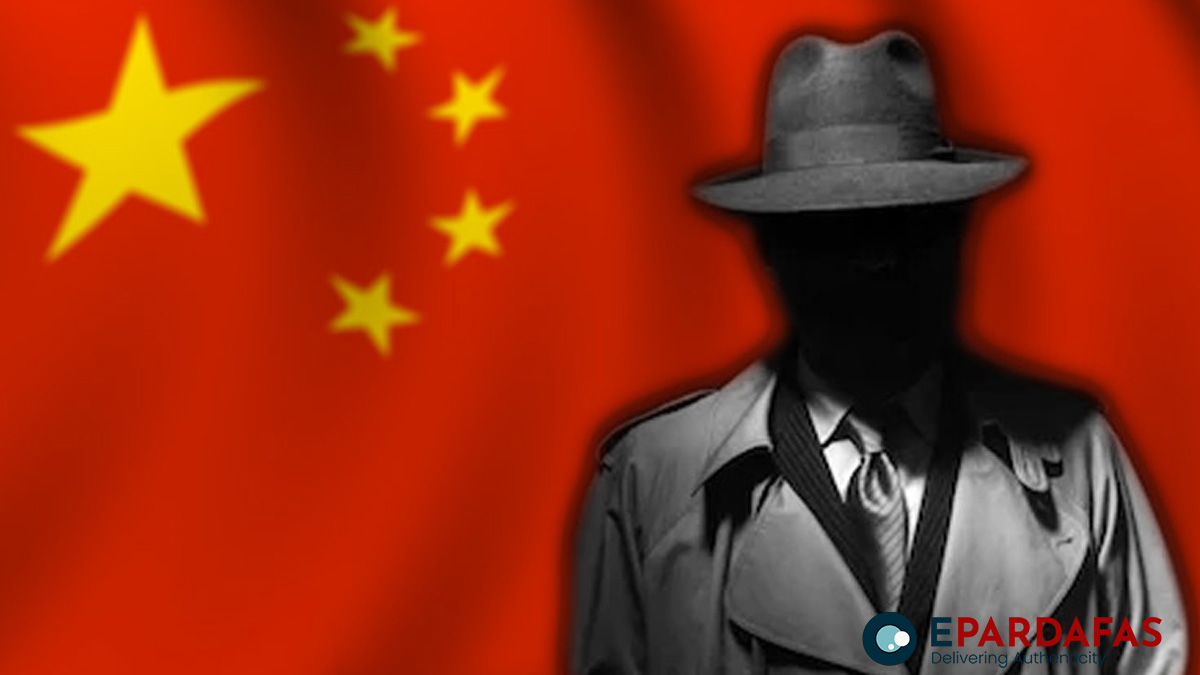


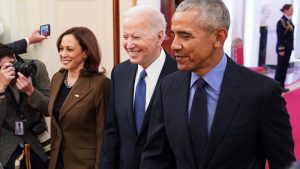
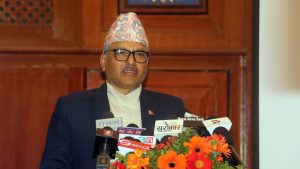
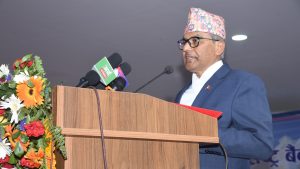
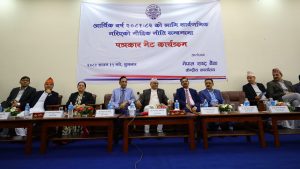

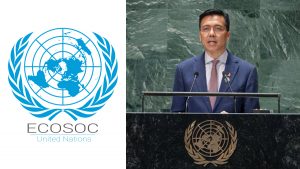
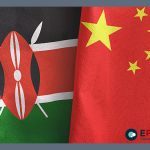




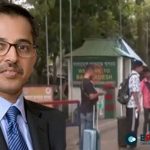
Comments